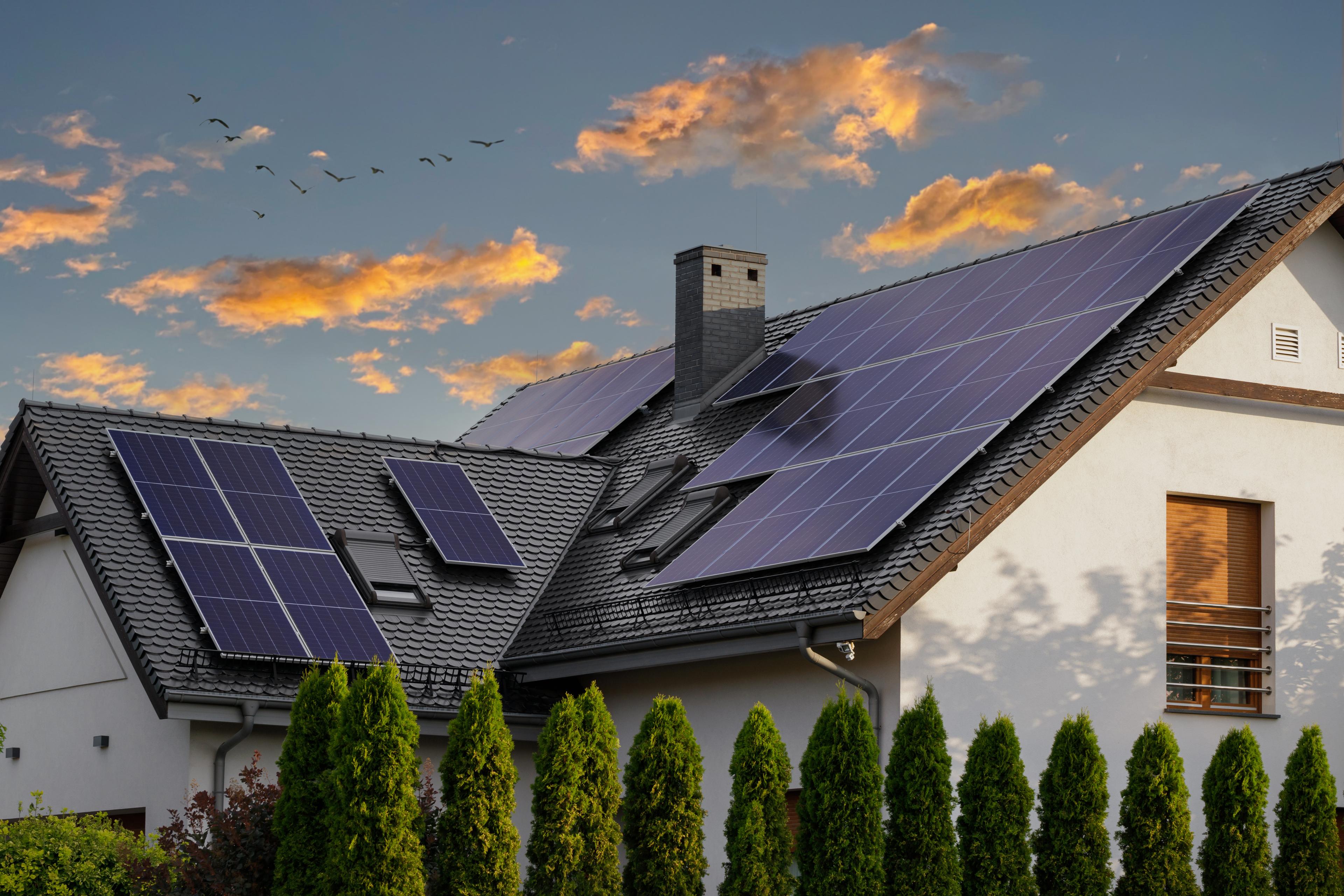Exploring the Economics of Home Energy Storage: Solar and Battery Backup

The integration of solar energy and battery backup systems is not just a futuristic concept; it's a practical and economically viable solution that's rewarding early adopters. With the advent of Net Energy Metering (NEM) programs, homeowners and businesses are seeing a rapid return on investment (ROI). This article explores the economics and practicalities of adopting solar and battery backup systems.
Achieving ROI Through NEM Programs
NEM programs have been instrumental in allowing customers to sell excess solar energy back to the grid, offsetting their energy costs. Early adopters have seen significant financial benefits through NEM 1.0, 2.0, and 3.0, each offering different incentives and leading to swift ROI.
Tailoring Battery Usage with Inverters
Modern inverters enable users to operate batteries in various modes, tailoring the system to specific needs. Whether for personal use or customer requirements, this flexibility enhances the system's efficiency and adaptability.
Utility Provider as a Customer
Solar and battery backup systems are transforming the relationship between consumers and utility providers. By generating excess energy, homeowners can become suppliers, making the utility provider a customer. This shift not only reduces reliance on traditional energy sources but also empowers individuals to take control of their energy needs.
On-Grid and Off-Grid Applications
Whether connected to the grid or entirely independent, battery backup systems are becoming a reality. For those connected to the traditional grid, battery backup ensures uninterrupted power supply, even during outages. In remote or off-grid locations, solar and battery systems can power heavy equipment and high-resistance loads, providing a reliable energy source that traditional utilities may not reach.
Utilizing Smart Technology
The integration of Smart Loads, easy starts, and other innovative components allows users to fine-tune their systems. These technologies enhance efficiency, reduce waste, and contribute to a more sustainable energy landscape.
Conclusion
The economics of home energy storage, encompassing solar and battery backup, is an exciting and rapidly evolving field. The shift towards renewable energy is not just an environmental imperative; it's a practical and financially rewarding choice. As technology advances and incentives continue to support adoption, solar and battery backup systems are set to become an integral part of our energy future.
By embracing these innovations, homeowners and businesses alike are taking a significant step towards energy independence, aligning with traditional American values of self-reliance and resourcefulness. The future of energy is here, and it's bright.
Learn more at https://www.energysage.com/blog/net-metering-3-0/